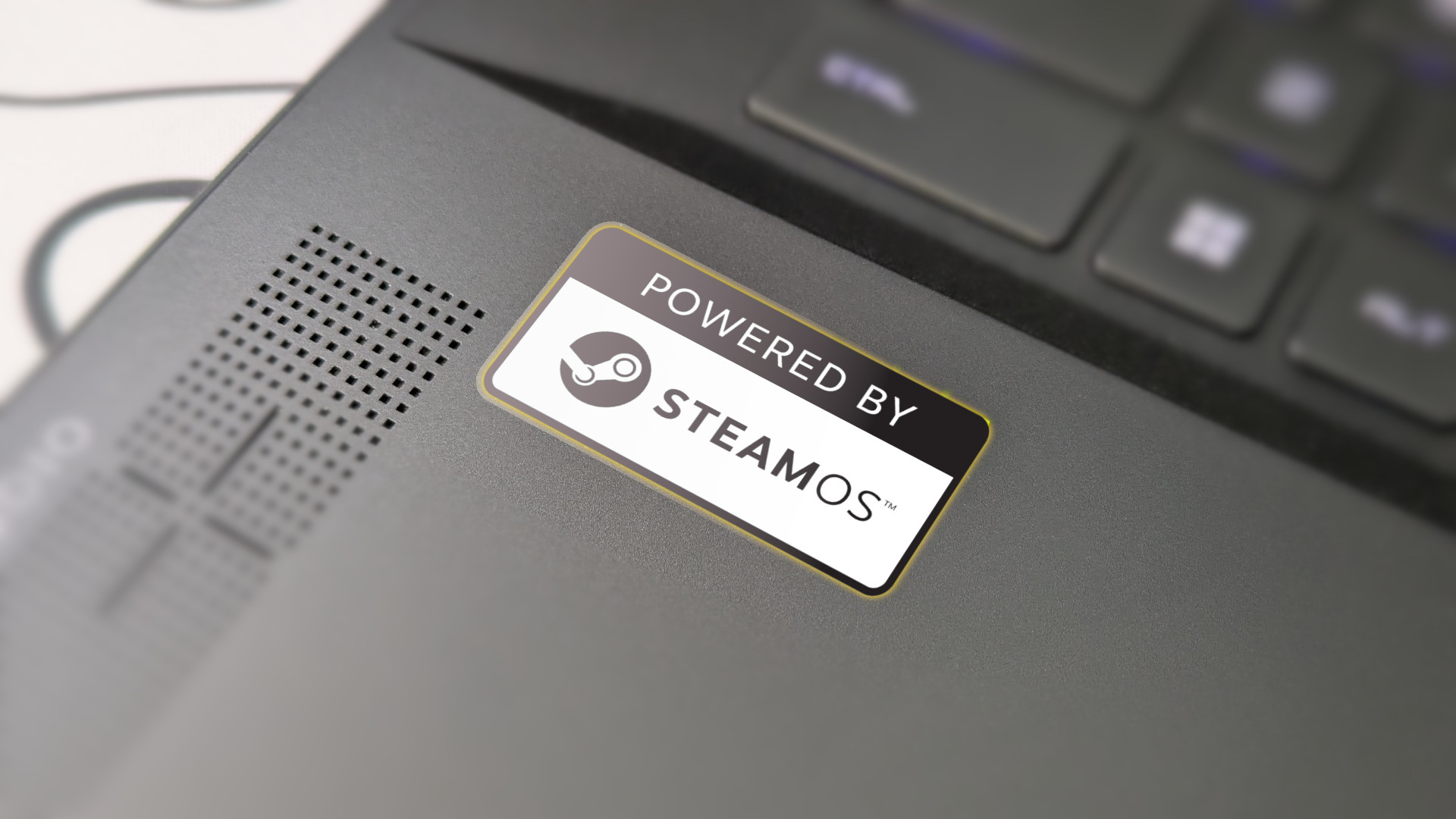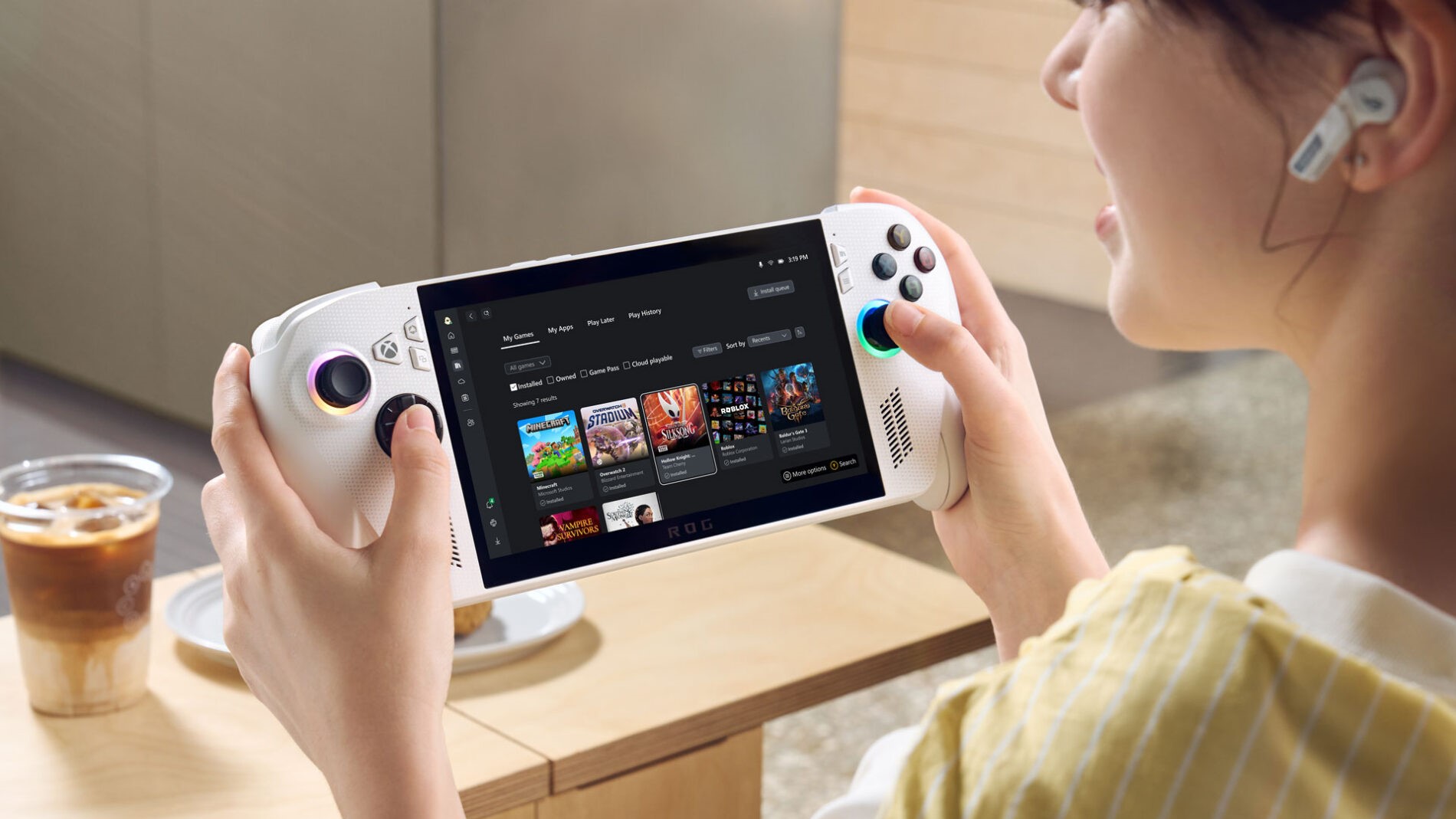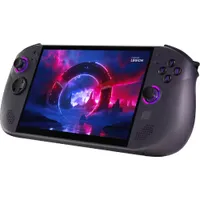Steam Deck leaves Windows handhelds behind in new performance tests
New benchmarks show Steam Deck rivals like the ROG Ally and Lenovo Legion Go struggle with performance due to Windows 11, while SteamOS delivers smoother gameplay.

Sign up to receive The Snapshot, a free special dispatch from Laptop Mag, in your inbox.
You are now subscribed
Your newsletter sign-up was successful
When the Steam Deck came out in 2022, one of the big surprises was how well it ran video games. Other companies took note of the Steam Deck's success and came out with their own portable consoles, but with improved components so they could run games at higher graphics settings with the same quality or better quality. However, that ended up not being the case.
Handhelds like the Asus ROG Ally, Lenovo Legion Go, and MSI Claw came after the release of the Steam Deck, and yet none have provided a better gaming experience, even though they all seemingly have better components. New testing shows that the biggest culprit is likely the operating system these devices are running.
Ars Technica released its findings from a test showing how different high-end games performed on a Lenovo Legion Go S using Windows 11 and the same device using SteamOS. The results showed that games running at the same resolution and graphics settings saw improved FPS with SteamOS instead of Windows, with some instances of nearly doubling performance.
In one particular case, Returnal improved from 18 FPS with Windows to 33 FPS with SteamOS. The Lenovo Legion Go’s performance improved after installing Asus drivers instead of Lenovo’s, but across the board, SteamOS outperformed Windows 11.
Features: AMD Ryzen Z2 Go processor, 8-inch 120 Hz refresh rate display, 16GB of RAM, 512GB of storage (with a MicroSD slot for up to an additional 2TB).
The SteamOS version of the Legion Go S is the one to get. It boasts better battery life and frame rates, all at a lower price than the Windows version.

Who will beat Steam Deck?
The key reason why SteamOS performs so well is due to Valve's constant tinkering with the operating system over the years, unlike what other companies are doing, which is putting their own layer over Windows 11. This results in Windows 11 portable devices being bogged down with so much bloat, while the SteamOS is light and dedicated to just running video games.
This means companies have two choices if they want to compete with Steam Deck: Allow the optional installation of the SteamOS, like what Lenovo did with the Legion Go, or come up with a better alternative.
Microsoft and Asus are going for the latter with the ROG Xbox Ally X. The companies unveiled their device earlier in June, with Microsoft intending to create an Xbox-like experience with Steam Deck-level performance.
Sign up to receive The Snapshot, a free special dispatch from Laptop Mag, in your inbox.
If the update to the Xbox PC app is any indication, the Xbox Ally will be able to run Xbox games as well as games for other platforms, such as Steam and Battle.net, which is something SteamOS can't officially support out of the box, although there are workarounds.
Being able to play more games that perform better than on a Steam Deck could be the right formula to take the top spot for portable consoles. That is, until the Steam Deck 2 comes out.

A veteran journalist and award-winning podcaster who specializes in reporting on conspiracy theories, misinformation, business, economics, video games, and tech.

